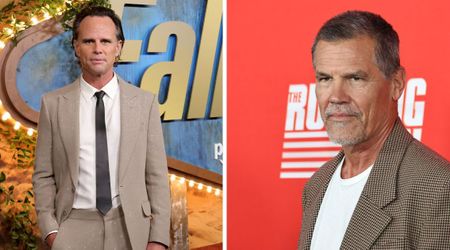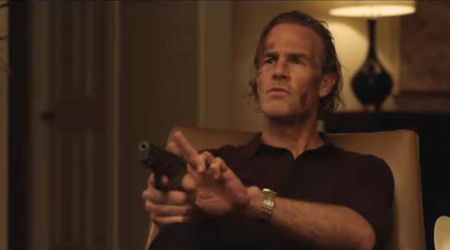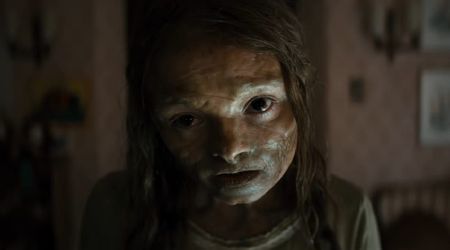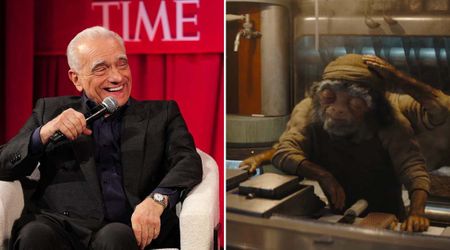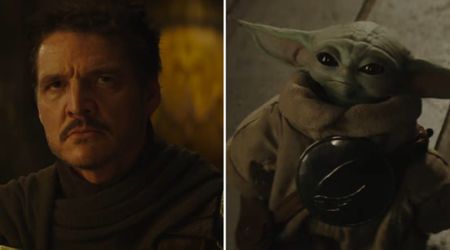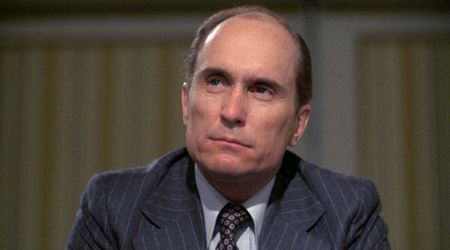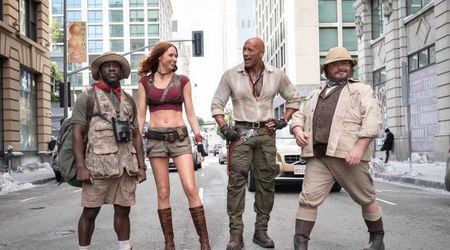'The Trial of the Chicago 7': What is the Rap Brown Law? Here's how the Anti-Riot Act is used even today

In Aaron Sorkin's 'The Trial of the Chicago 7' — which is now streaming on Netflix — we meet the eight (then seven) defendants who were charged with the Rap Brown Law, also known as the Anti-Riot Act in the aftermath of the protests against the Vietnam War in Chicago in August 1968, when the Democratic National Convention was held in the city. The original eight defendants were Abbie Hoffman, Jerry Rubin, Bobby Seale, David Dellinger, Tom Hayden, Rennie Davis, John Froines and Lee Weiner. Seale's charges were dropped and his was declared a mistrial after he was brought bound and gagged to the courtroom.
These eight defendants were charged according to what is known as the Rap Brown Law or the Anti-Riot Act for traveling between state lines with the intent to incite a riot. The Rap Brown Law is more accurately Title X in the Civil Rights Act of 1968. The act makes it a federal crime to use interstate or foreign commerce routes or facilities (such as by crossing state lines or through the mail, use of the Internet, or phone calls) to incite a riot, organize, promote or participate in a riot or to extend activities of a riot, or to aid and abet any person performing such activities. The provision has been informally referred to as the "H Rap Brown Law" since the arrest and trial of H Rap Brown in 1967 for carrying a gun across state lines.
The Anti-Riot Act has been criticized from the start since it was implemented to apparently stop riots at the source. However, its vague language has always been at odds with the right to freedom of speech. For a long time, awareness of the Act was low since it was not enforced as such in the aftermath of the Civil Rights movement. However, during the protests in 2020 against racial injustice and police brutality, the Act has made the headlines again.
Its first prominent use in recent years was in the aftermath of the Charlottesville Unite the Right rally in 2017. The Anti-Riot Act had been used against many members of the Rise Above Movement who participated in and organized the rally, including people who did not attend the rally in Charlottesville. In 2019, a federal judge in California struck down these charges against three alleged members of the Rise Above Movement, ruling the entire Anti-Riot Act unconstitutional for violating free speech.
Earlier this year, the Richmond-based 4th US Circuit Court of Appeals rejected a challenge to the constitutionality of the entire federal Anti-Riot Act on its face. However, the court agreed that the law violates the free speech clause of the First Amendment in some parts. The court invalidated parts of the law where it encompasses speech tending to “encourage” or “promote” a riot, as well as speech “urging” others to riot or involving mere advocacy of violence.
More recently, Attorney General William Barr cited the 1968 Anti-Riot Act when speaking of those who were protesting in the wake of George Floyd's death in May 2020. “It is a federal crime to cross state lines or to use interstate facilities to incite or participate in violent rioting,” Barr was reported as saying at the Department of Justice headquarters in Washington, DC. “We will enforce these laws.”
'The Trial of the Chicago 7' is now streaming on Netflix.

